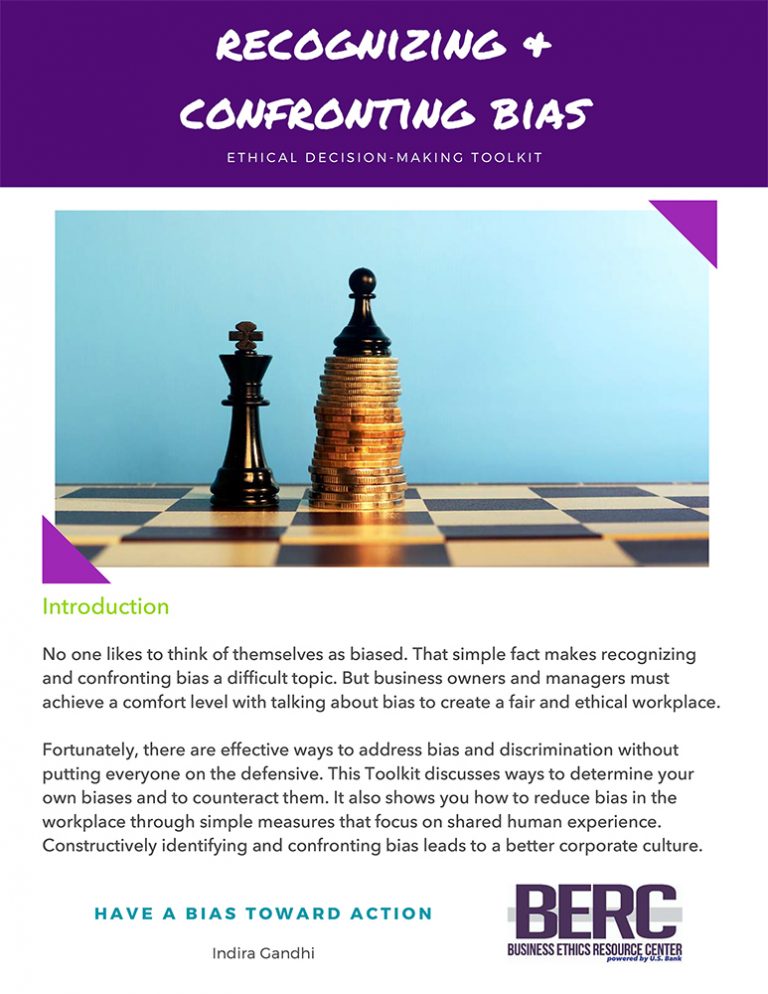It is more about thinking about what we are really trying to achieve, who we are trying to become and how we can allow others to thrive.
By John F. McVea Special to the Star Tribune JULY 26, 2020 — 2:00PM
Q: What is the best way to lead during turbulent times?
A: Unprecedented economic conditions have caused us to obsess about our daily circumstances. However, in turbulent times, as Booker T. Washington observed, it is character rather than circumstances that make the leader. Leadership under turbulence is less about adopting new tools and techniques and more about thinking about what we are really trying to achieve, who we are trying to become and how we can allow others to thrive.
Turbulence undermines the security and trust that allow people to focus on their technical tasks and execution. Suddenly everyone is surveying their options. Suddenly everyone has an opinion on what’s wrong with our strategy and whose fault it is.
In good times we might commit because of a financial bonus; in turbulent times we will only commit if we are reminded of the deep human mission we share: the customer who depends on our service, the beauty of the products we design, the impact our work has on the community. It is the leader’s job to rediscover, reinforce and reinspire that shared purpose and to focus our attention on the character of the organization, not the circumstances.
The second element of hope comes from a unique commitment from the leader. This comes not from delusional words in the face of disturbing facts; it comes from a leader personally facing the truth, acting with transparency and demonstrating personal commitment. When facing destruction, Ulysses plugged his men’s ears so they could row without distraction, leaving his ears alone to face the confusion of the Sirens’ song. But he also lashed himself to the mast, making it clear he would go down with his crew.
In turbulence, leaders need to avoid the intuition to keep their heads down and either pretend it’s “business as usual” or to isolate themselves with a senior decisionmaking team. They need to focus on building the character of the organization by emphasizing the core human purpose of the work, by personally confronting and communicating the truth of the situation, protecting others from forces they cannot control, and by visible personal commitment to change and grow.
John F. McVea is an associate professor in the Schulze School of Entrepreneurship at the University of St. Thomas Opus College of Business.
This article originally appeared in the Star Tribune. Used by kind permission of the Star Tribune.


